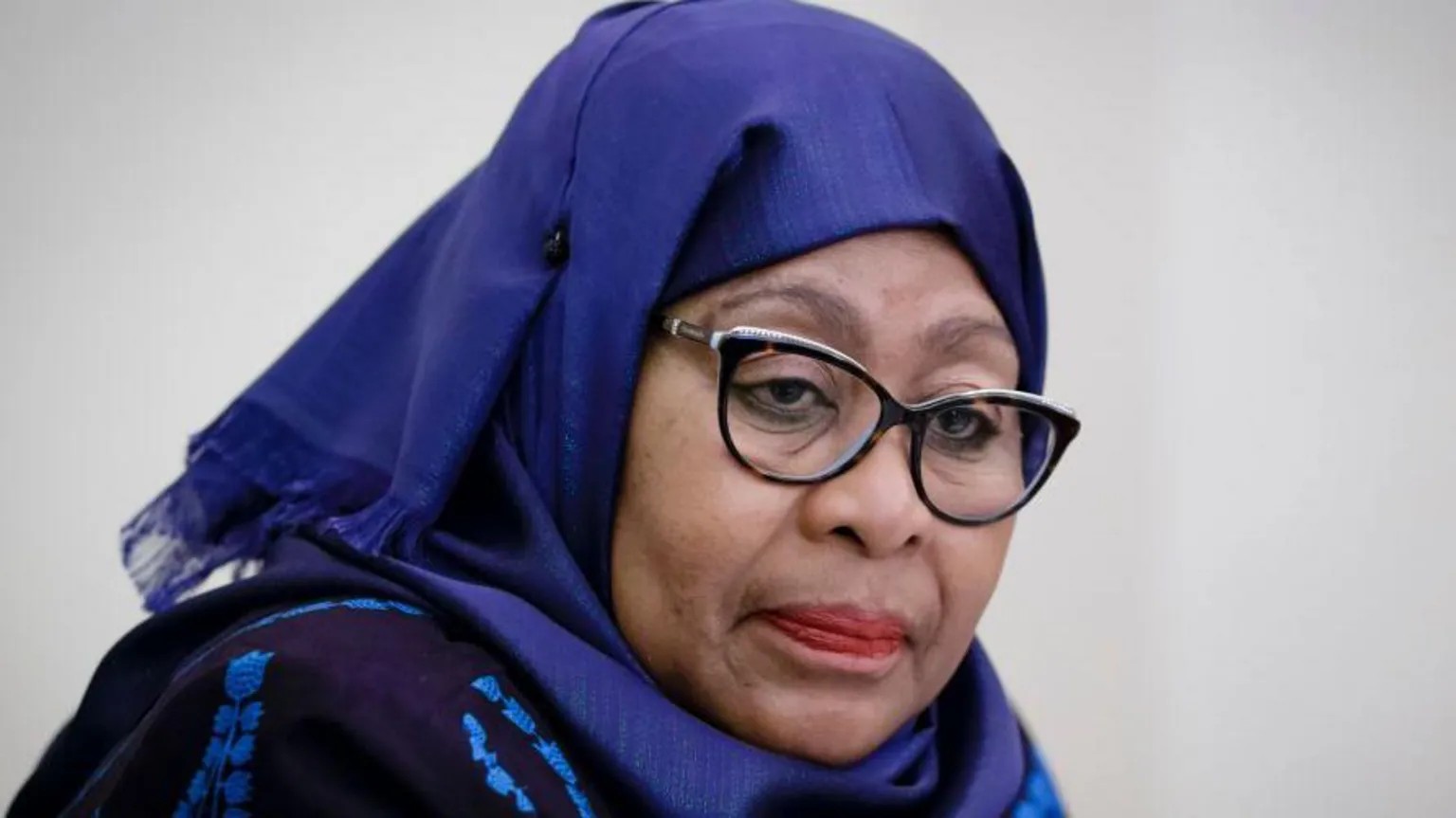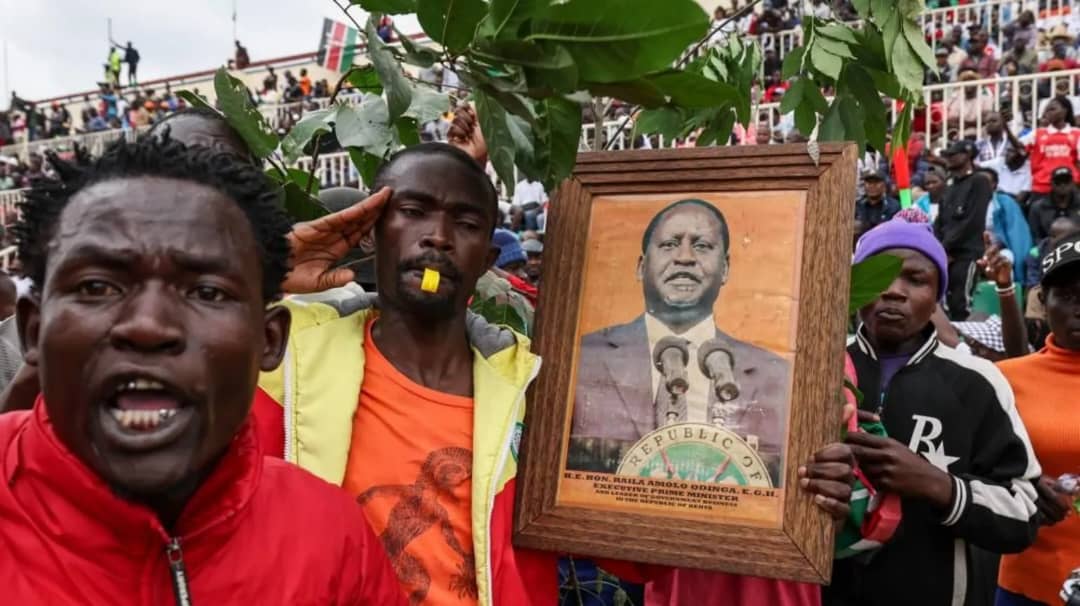Russia's Nuclear Gambit in Niger: A Geopolitical Power Play Unfolds
- by Namuso, RNG247
- about 2 months ago
- 117 views

In a bold diplomatic move that has sent shockwaves through the international community, Russia has extended an offer to build a nuclear power plant in Niger, a uranium-rich nation in West Africa. This audacious proposition comes at a time of significant geopolitical shifts in the region, as Niger's military junta distances itself from its former colonial power, France.
The proposal, unveiled by Russian Energy Minister Sergei Tsivilev during a recent visit to Niamey, has captured global attention. "Our task is not simply to participate in uranium mining. We must create an entire system for the development of peaceful atomic energy in Niger," Tsivilev declared, outlining an ambitious vision that goes beyond mere resource extraction.
This development follows Niger's June nationalization of uranium mining operations previously controlled by French nuclear group Orano, formerly known as Areva. The move effectively severed a decades-long tie between Niger and France in the uranium sector, opening the door for new partnerships.
Russia's state-owned nuclear corporation, Rosatom, has swiftly stepped into this vacuum, signing a cooperation agreement with Nigerien authorities. The proposed collaboration encompasses not only power generation but also medical applications and, crucially, the training of local expertise – an aspect that had been notably absent in Niger's long-standing relationship with France.
If realized, this project would mark a historic milestone as the first nuclear power initiative in West Africa. However, experts caution that the path from proposal to implementation is fraught with challenges, both technical and financial.
Nevertheless, the mere suggestion of such a project underscores Russia's astute understanding of Niger's frustrations. For over five decades, Niger exported uranium to France, fueling the latter's nuclear power sector without reaping the benefits of energy independence. Today, Niger still relies heavily on coal-fired plants and electricity imports from neighboring Nigeria to meet its power needs.
The timing of Russia's offer is particularly significant, coming in the wake of deteriorating relations between Niger and France following a military coup. This rupture has provided Moscow with an opportunity to present itself as a more considerate partner, willing to share nuclear technology and expertise – a stark contrast to France's approach over the years.
However, observers note that Russia's motives are not purely altruistic. The potential economic benefits for Moscow are substantial, particularly if it gains access to the Imouraren mine – one of the world's largest uranium deposits. France's plans to develop this site, initially delayed due to market conditions following the 2011 Fukushima disaster, were recently revived only to be canceled by Niger's new military leadership.
Securing rights to the Imouraren deposit would significantly bolster Russia's already formidable position in global uranium production. This is especially crucial as the world increasingly looks to nuclear power as a key component in reducing greenhouse gas emissions.
As this high-stakes game unfolds, the international community watches closely. Russia's nuclear overture to Niger represents more than just an energy deal; it's a calculated move in a larger geopolitical chess match. The outcome of this bold gambit could reshape power dynamics not only in West Africa but potentially across the entire continent.
While the future of Russia's nuclear ambitions in Niger remains uncertain, one thing is clear: Moscow has made a decisive play, challenging Western influence in a region of growing strategic importance. As the world grapples with energy security and climate change, the repercussions of this development will likely be felt far beyond the Sahel for years to come.





.jpeg)


.jpeg)







0 Comment(s)